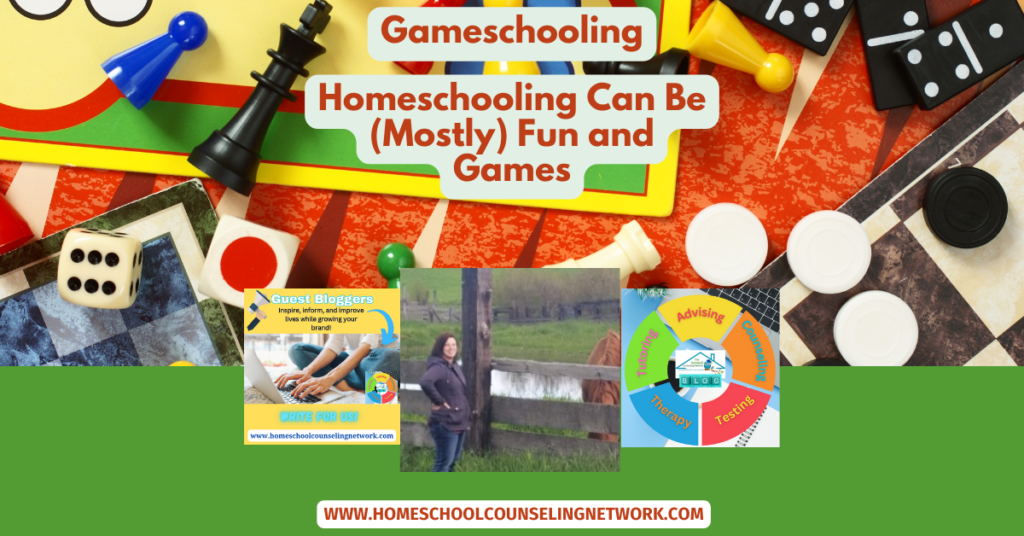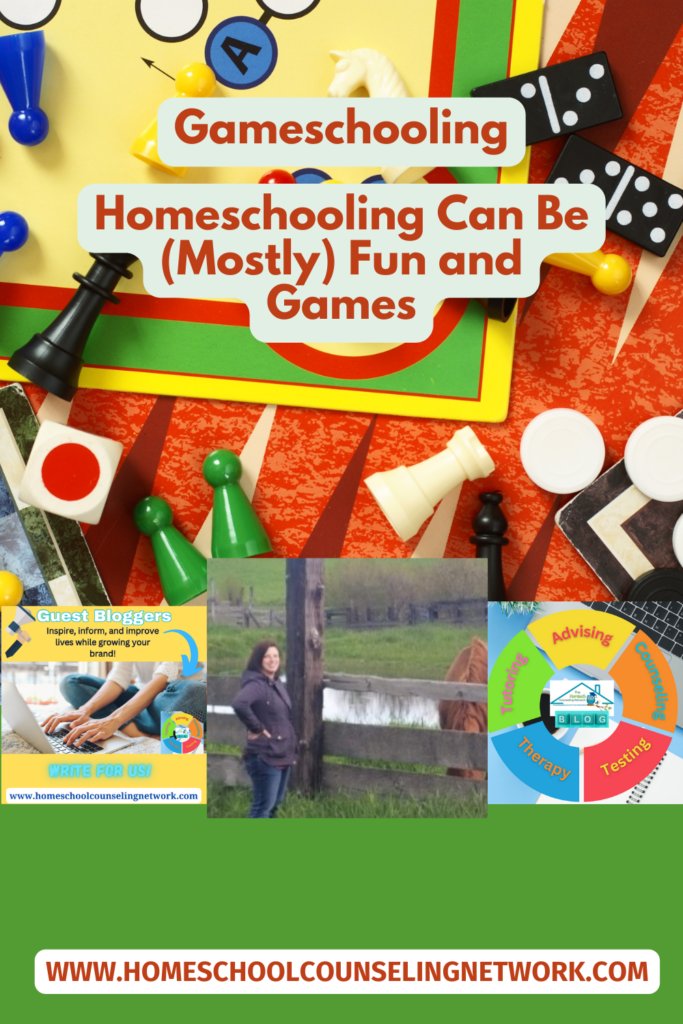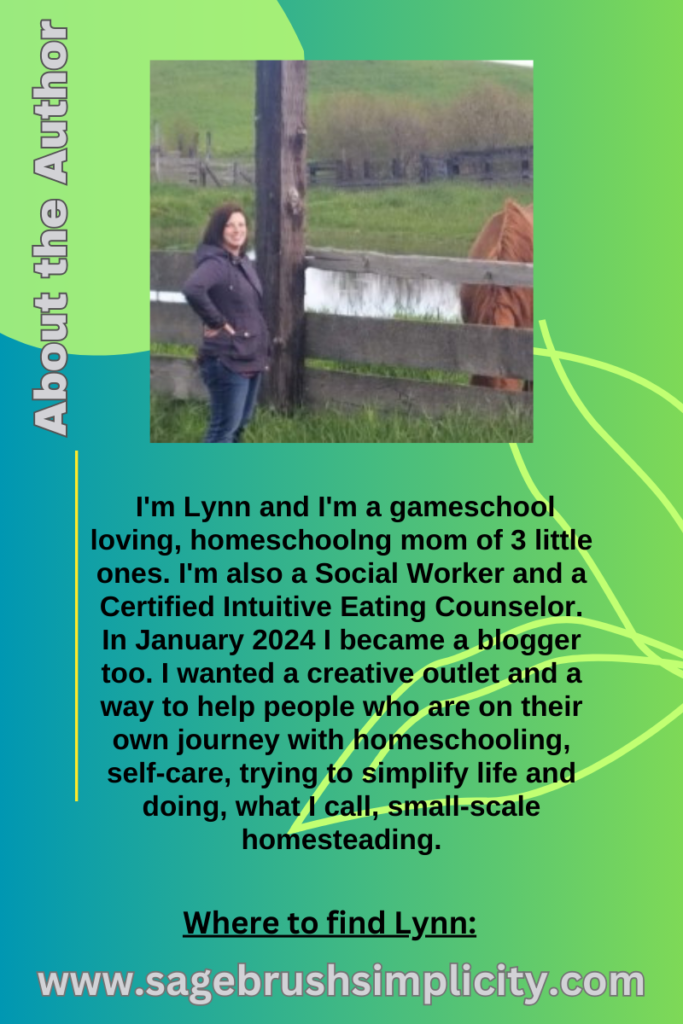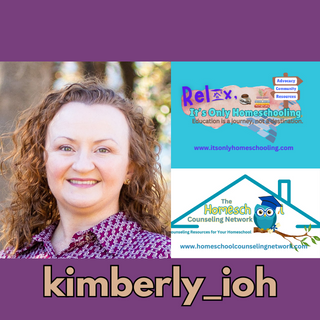Gameschooling – Homeschooling Can Be (Mostly) Fun and Games

Game schooling is the act of teaching through games, play, and other creative activities. Teaching through games can have a huge impact on your school day. Incorporating games and activities that involve movement, music, and creativity at any age can have remarkable outcomes. It can turn what some would call a resistant child, which I call a more active learner, into a child who is engaged, encouraged, and excited to learn.
Game-schooling for Any Subject
There are games for literally every subject from birds to biology, music to math. Children learn best when they are involved, engaged, and allowed to move. When creating a unit study or planning to explore a certain topic come up with at least one game to go with each lesson. This will help you to weave game-schooling into your routine with ease.
Learning through play will help your child experience their education in a way that is very natural to them. Homeschooling through movement, music, and play, allows them to stretch their beautifully creative minds. It will encourage mental flexibility, frustration tolerance, problem-solving, empathy, and so much more.
When Playing Games During School Feels Like Extra Work
If game-schooling sounds daunting as a parent, find ways to make it fun for you too! You can buy, borrow, and create games. Many curriculum companies incorporate play-based learning right into their materials. You can use simple materials that, as a parent, you likely already have, such as chalk, paper, crayons, your kids’ favorite toys, and so on. Once you start, if you’re anything like me, game-schooling will become a highlight of your homeschooling life!

Why Game schooling?
It helps to keep in mind that there is nothing natural about being asked to sit still, do your work, and be quiet. Have you tried it? How do you learn or work best? What is most supportive to your enjoyment and satisfaction when tasked with a job of any kind. Do you fidget when expected to sit still? Do you get up from your desk at work or hope that someone comes to talk to you? Imagine how it must feel to be a child, full of wonder, energy, and excitement about the world, and then try to sit still. It’s not natural, especially for extended periods of time.
Studies have shown that movement, especially in ways that test your balance, helps you make connections in your brain to better link executive functioning to the parts of our brains that experience fear and worry. Movement while learning helps us to engage our brains in a bilateral way which helps us to take in information, visualize it, experience it, and write it into our personal learning stories. It is also very beneficial to our physical and mental health! It’s good for us as parents and it’s good for our kiddos!
Sure we have to be still and quiet sometimes. That is a skill set all in itself. However, when it comes to learning, incorporating play will go a long way! We play every day! You should too!

Want To Write For Us?
Learn more about how you can become a guest blogger for The Homeschool Counseling Network here.

Let’s Keep In Touch
Be sure you do not miss a blog post by signing up for our newsletter or joining our Facebook group.
Blessings,
Kimberly Bennett, LPC
Founder/CEO It’s Only Homeschooling
Founder/CEO The Homeschool Counseling Network

This website is not a professional counseling website and nothing here should be construed as professional counseling advice. Although Kimberly Bennett, LPC is a Licensed Professional Counselor, she is not your counselor, and no counselor-client relationship is established unless she has signed an agreement with you. All information provided through this website is for informational and educational purposes only.